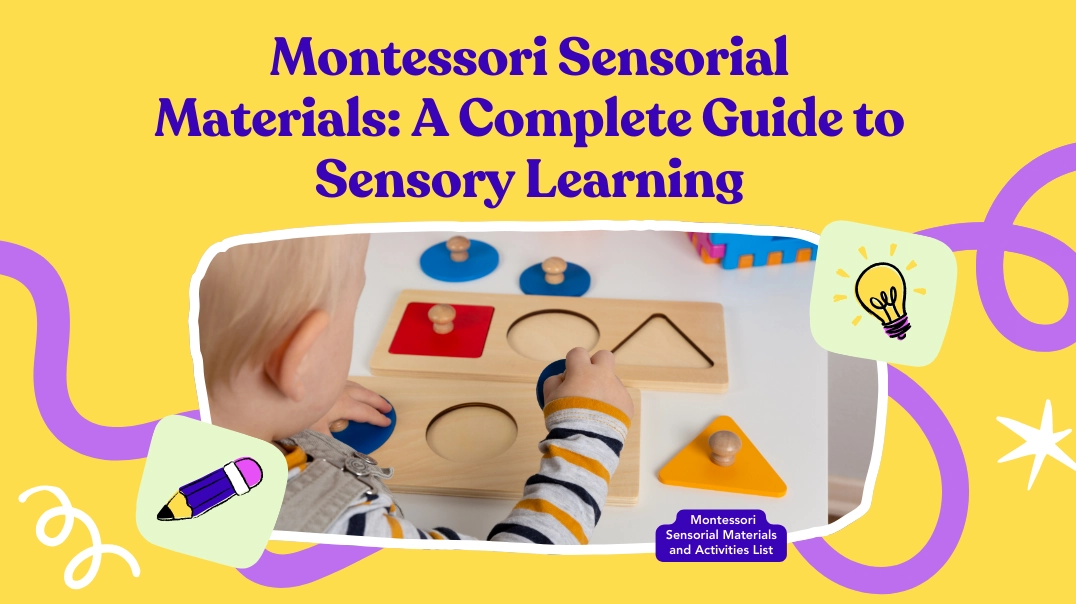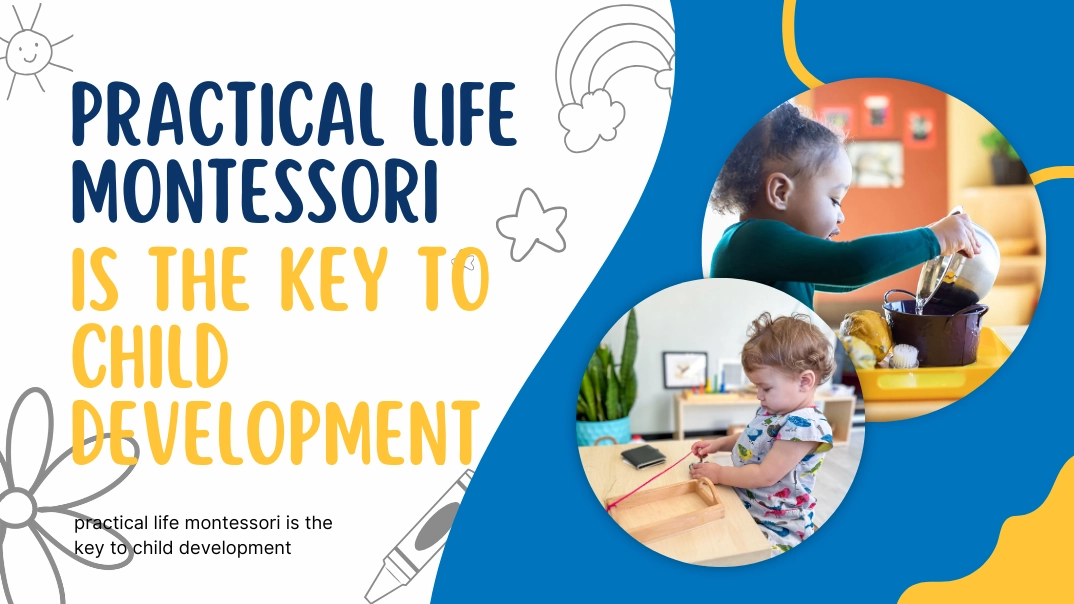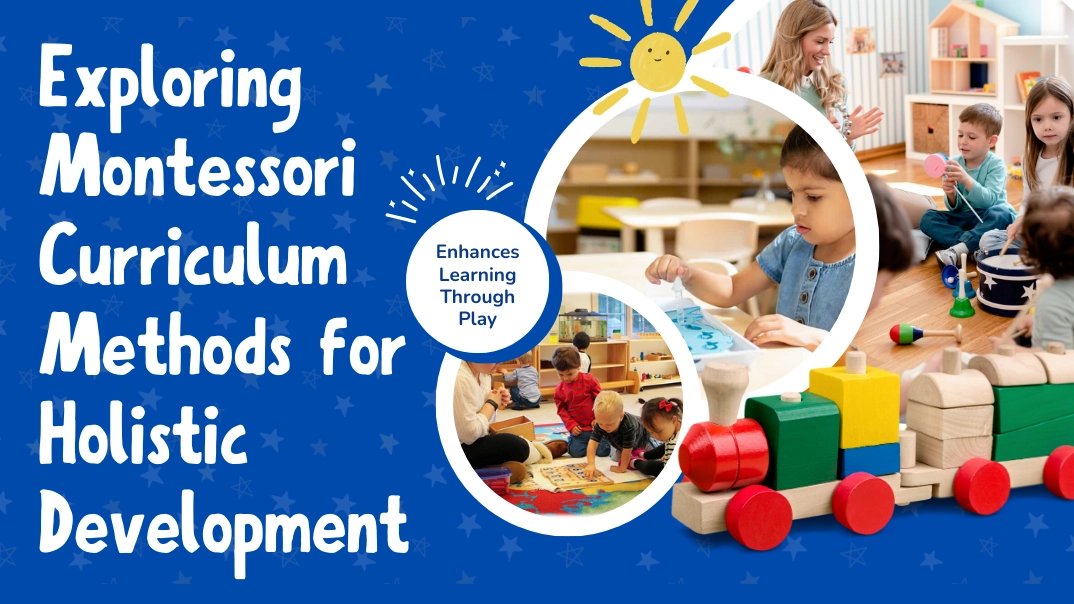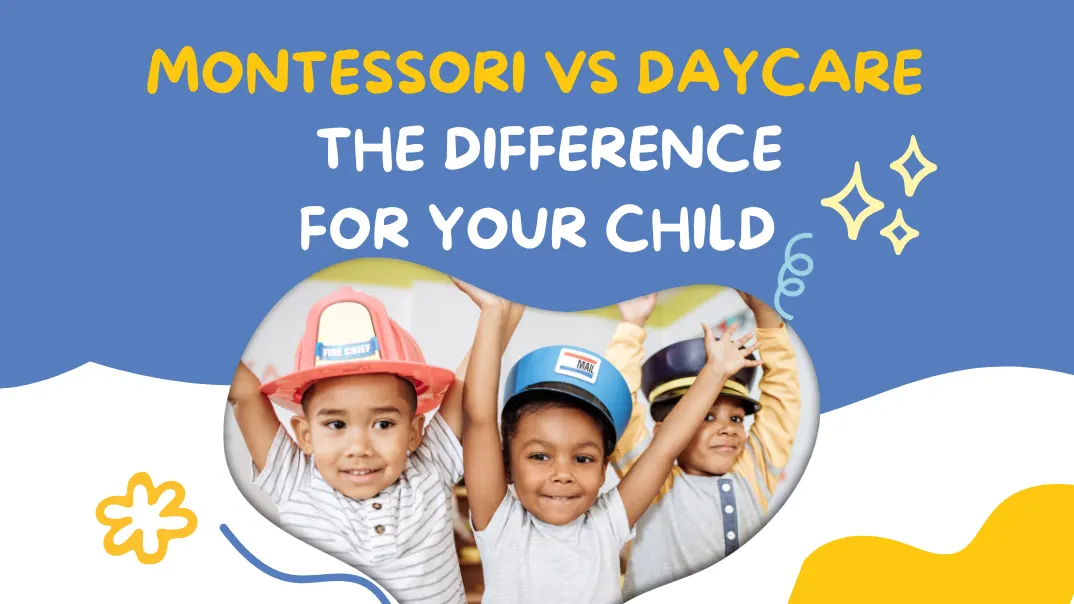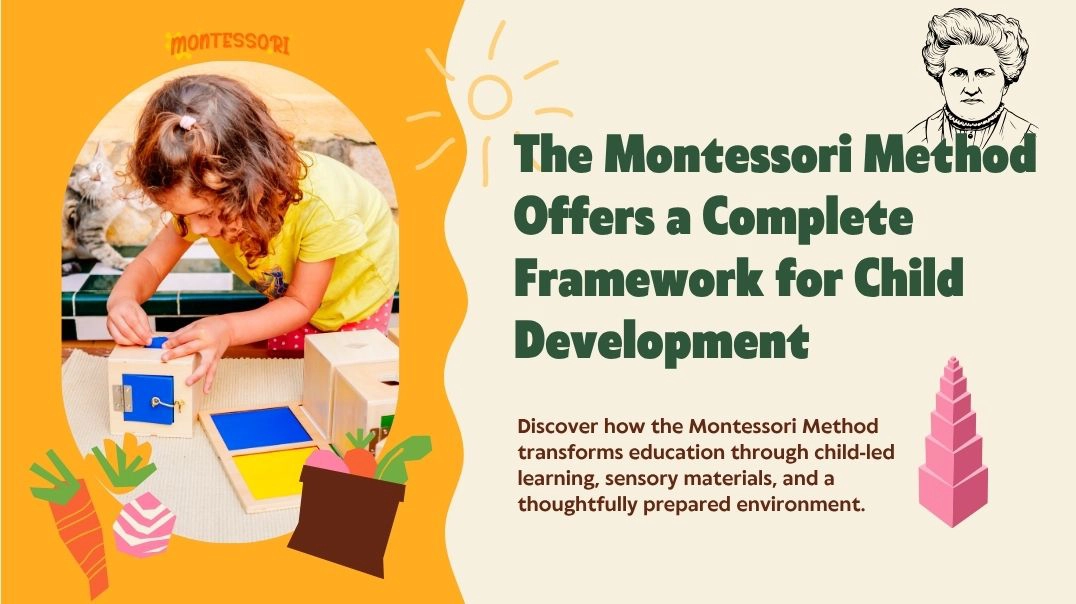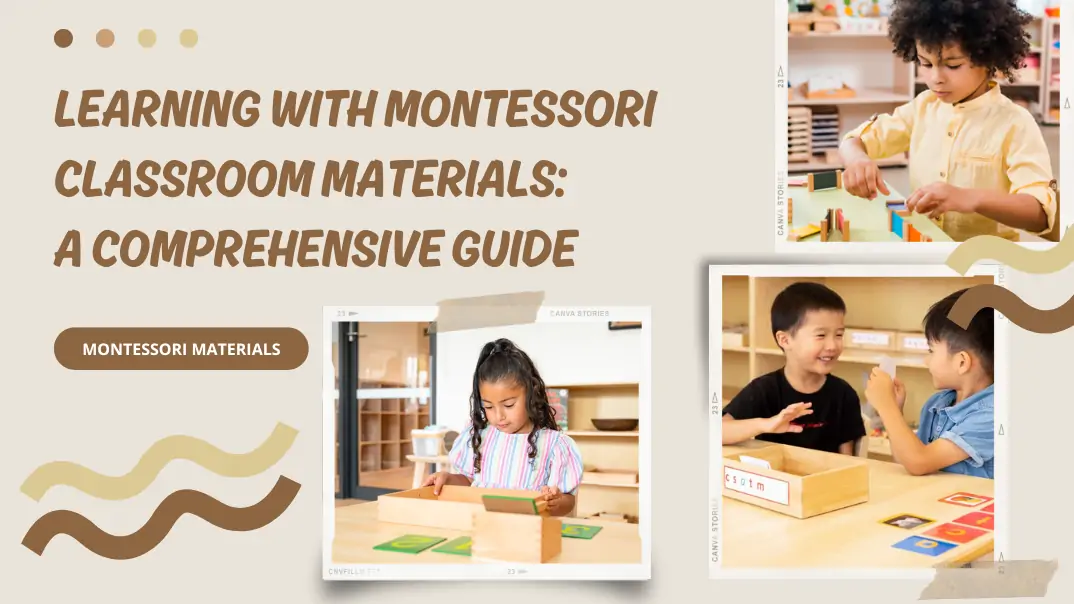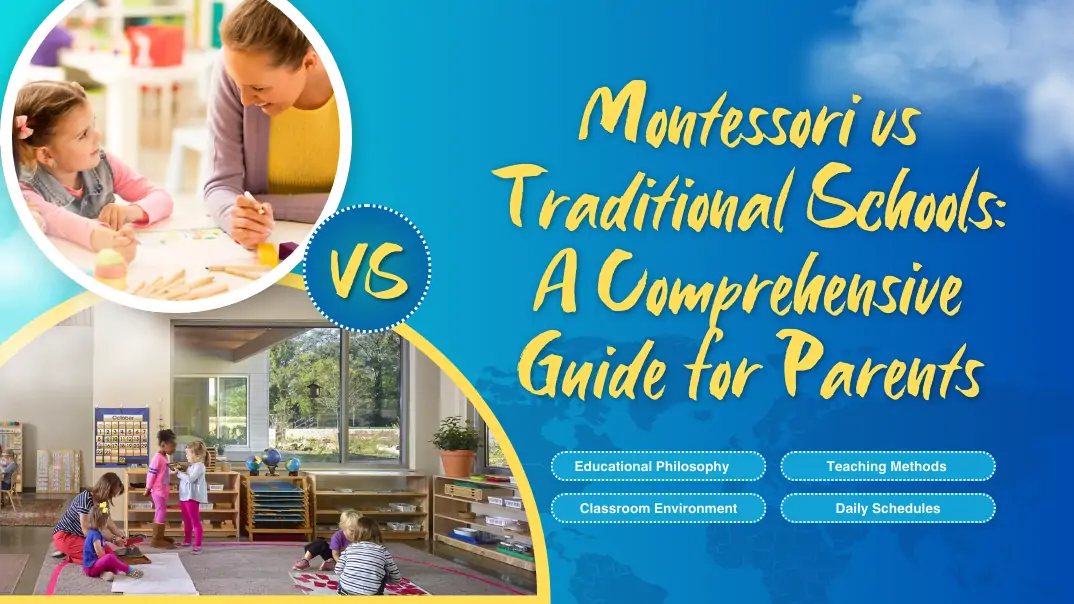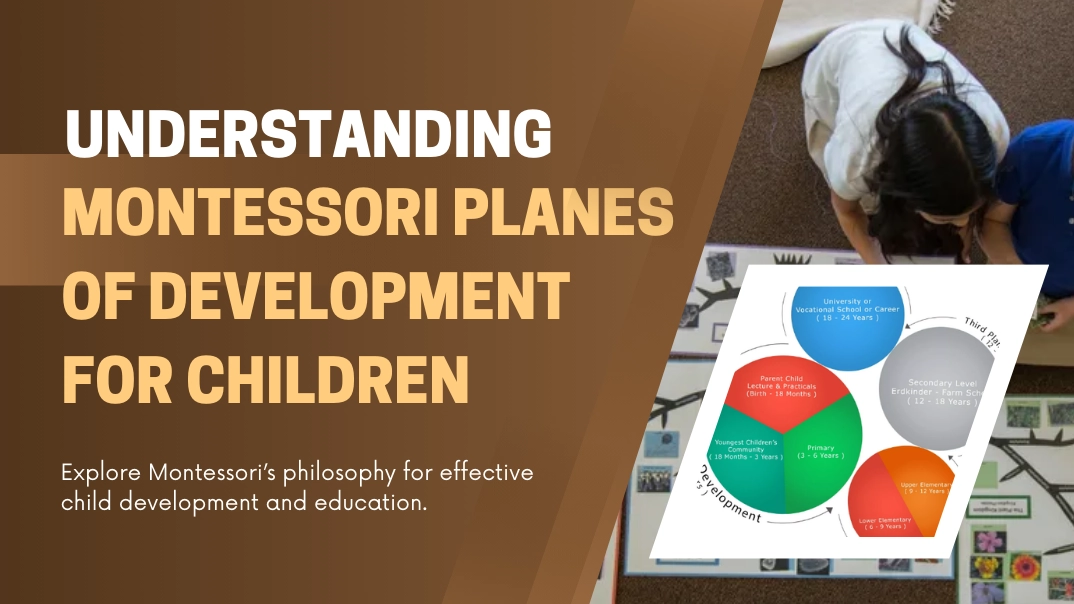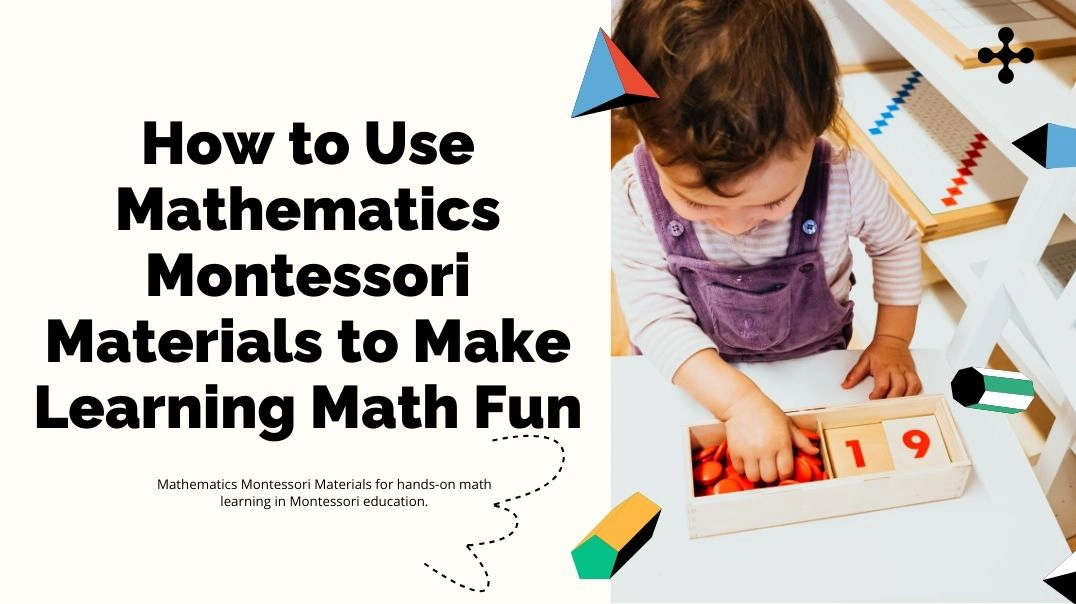
Cara Menggunakan Materi Matematika Montessori untuk Membuat Pembelajaran Matematika Menjadi Menyenangkan
Materi Matematika Montessori menjadikan matematika lebih praktis, menarik, dan mudah dipahami. Melalui aktivitas terstruktur, anak-anak berkembang dari pembelajaran konkret ke pembelajaran abstrak, membangun keterampilan berpikir kritis dan pemecahan masalah untuk meraih kesuksesan seumur hidup.

